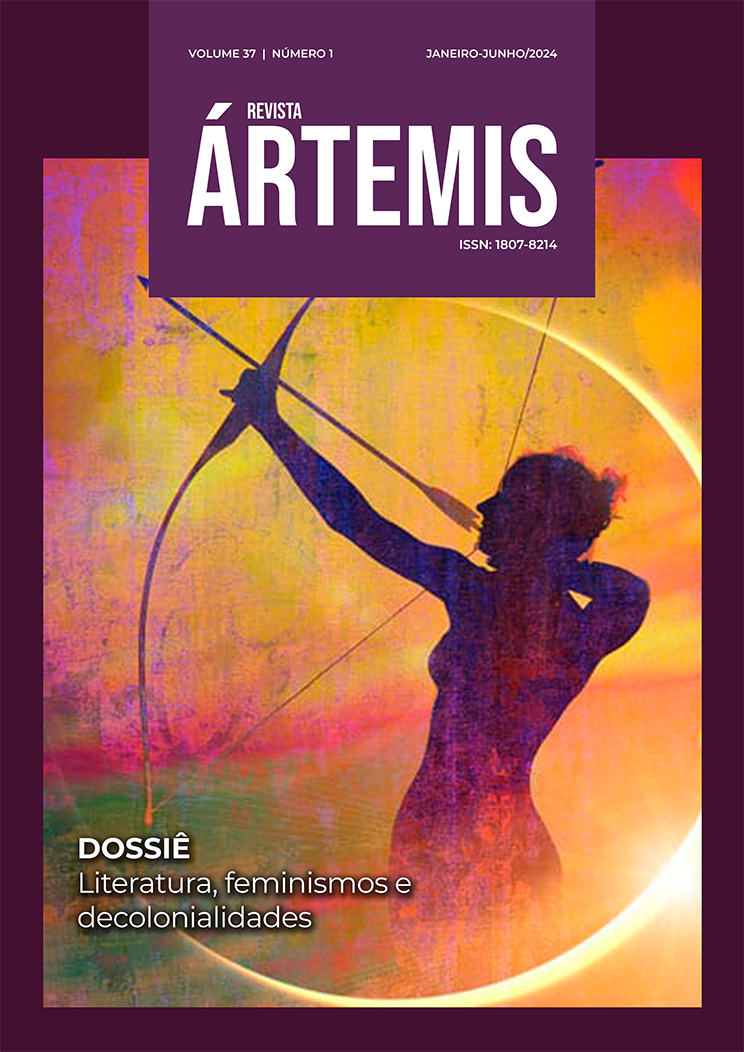Weaving resistance: the transvesti body against the colonial gender “system” in “The night won’t allow the dawn”, by Camila Sosa Villada
Abstract
The present work aims to carry out a reading of the experience of a transvestite body resistant to the norms of the colonial “CISteme” of gender in the short story: “The night will not allow you to dawn”, present in the work “Sou uma tola por te quer” (2022 ), by Argentine author, Camila Sosa Villada. The narrative portrays aspects of the life of a brown transvestite, whose means of survival is prostitution, in the city of Córdoba, Argentina, and brings aspects of her experience on a work night, where four rich young men appear and take her for a house in a gated community. In this space, various situations are presented, in which issues of gender, class and race can be perceived. From this, we intend to contribute to the relationship between the existence and resistance of the transvestite body and literary art, within a perspective that aims to recognize the experiences of femininity and womanhood. To do so, we based ourselves on the concept of Transfeminism, by Letícia Nascimento (2021) and the representation of the body by Berenice Bento (2017). Within these aspects, in Villada’s story, we can reflect on society’s lack of recognition in relation to transvestite women, who often have the status of humanity denied, as the plurality that encompasses women and femininities is not taken into account.







